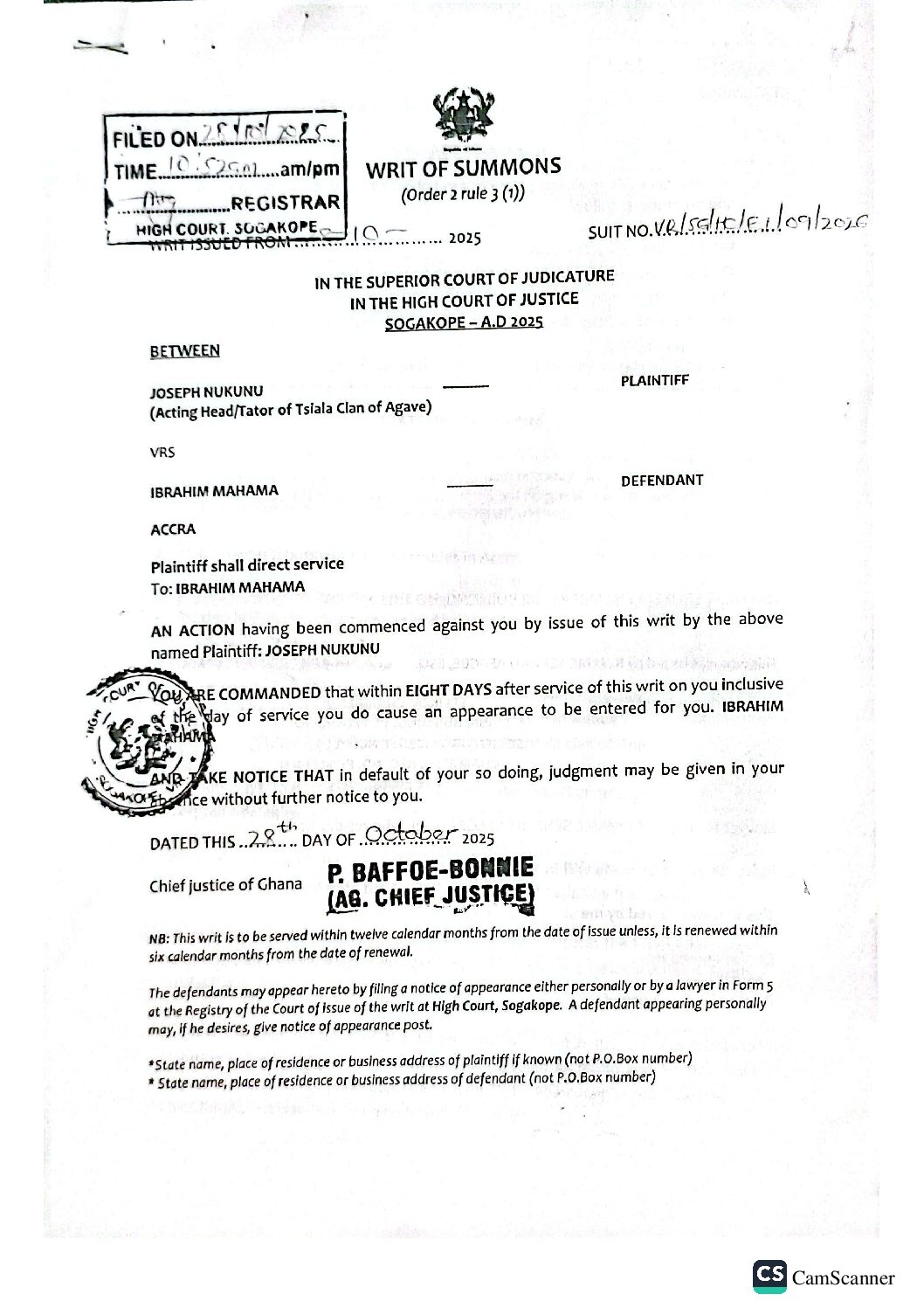The suspension of Chief Justice Gertrude Torkornoo by President John Dramani Mahama has triggered a storm of criticism at home and abroad, raising fears that Ghana’s judiciary is under siege from political interference.
The move has not only alarmed legal and civil society groups but also shaken investor confidence in the country’s economy. Analysts warn that Ghana is losing billions in potential investments to neighboring Côte d’Ivoire, Senegal, and Nigeria, as global businesses divert capital to jurisdictions seen as safer and less politically compromised.
Investor Exodus
For decades, Ghana was regarded as a beacon of democracy in West Africa, admired for its stability and strong institutions. International investors consistently ranked Ghana as a trusted destination, citing the impartiality of its judiciary as a key safeguard for business.
That confidence is now evaporating. “Investors thrive where the rule of law is respected. If the judiciary can be suspended on political whim, then contracts, arbitration, and dispute resolutions cannot be trusted,” one economist told this paper.
Historical Echoes
Observers warn that the crisis recalls Ghana’s troubled past. In the 1970s and 1980s, political instability and executive interference in the judiciary triggered an exodus of multinational companies and a collapse in investor confidence. It took the restoration of constitutional rule in 1992 and decades of democratic practice to rebuild that trust. Critics say Mahama’s latest action risks undoing those hard-won gains.
International Backlash
The Bar Council of England and Wales, backed by the Commonwealth Lawyers Association, has issued stern warnings to the government, accusing it of breaching the 1992 Constitution. Both institutions have called for the immediate reinstatement of Chief Justice Torkornoo and an end to political interference in the judiciary.
“The independence of the judiciary is non-negotiable in any democracy. Ghana risks international disgrace if this suspension is not reversed,” the Bar Council said in a statement.
Calls to Action
At home, pressure is mounting on national institutions to act. Civil society organizations have begun mobilizing to resist what they describe as a creeping authoritarian tendency. Lawyers and activists are calling on the Ghana Bar Association to defend judicial independence and on Parliament to assert its constitutional duty of oversight.
“This is not just about one judge,” said a senior legal practitioner. “It is about whether Ghana remains a nation governed by law or a nation where justice bends to political power.”
The Stakes
Economists warn that if confidence in Ghana’s judiciary continues to collapse, the economy will suffer severe long-term consequences. Investor flight, higher borrowing costs, and reputational damage could derail the fragile recovery currently underway.
Critics say President Mahama must urgently restore Chief Justice Torkornoo and reaffirm his commitment to the separation of powers, or risk going down in history as the leader who broke Ghana’s judiciary and bankrupted its economy.
The message is clear: the independence of the judiciary is the backbone of Ghana’s democracy and prosperity. To weaken it is to weaken the nation itself.


